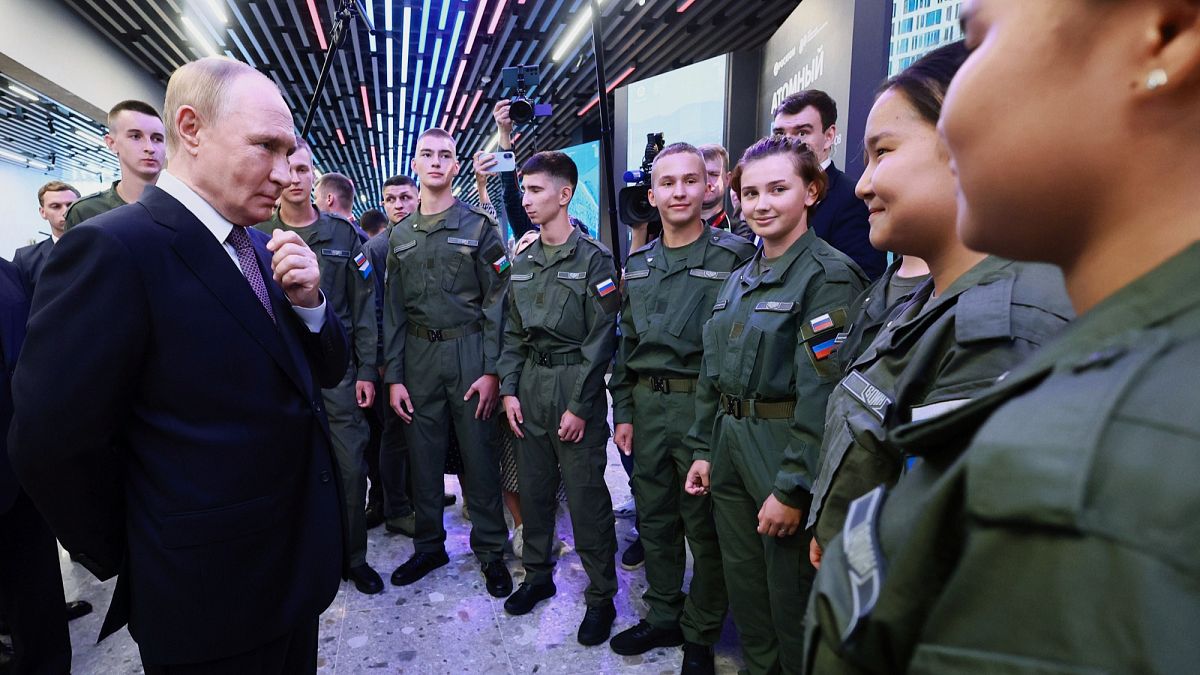

In a complex and interconnected world, recent developments from diverse regions highlight enduring challenges and present opportunities for diplomatic resolutions. As global powers tread carefully amidst tense geopolitical landscapes, a spirit of collaboration surfaces in unexpected quarters, promising solace in times of crisis.
Vladimir Putin’s recent statement has intensified the geopolitical dialogue around Ukraine. The Russian president firmly underscored that any foreign military personnel in Ukraine would be viewed as legitimate targets for military action, marking a sharp stance against NATO membership for Ukraine. His declarations come at a time when European nations, led by France, consolidate their support for Ukraine. French President Emmanuel Macron announced that 26 countries stand ready to provide security assurances to Ukraine post-conflict—a robust commitment signaling continued support for Ukrainian sovereignty. Such a diplomatic endeavor seeks to foster stability in a region marked by prolonged conflict.
Meanwhile, a humanitarian dimension unfolds in Gaza, where classified Israeli military data reveals that only a quarter of Palestinian detainees have been identified as fighters. This data sheds light on the civilian plight in the region, with many non-combatants—including children, elderly, and medical workers—held without formal charges. The release of such data underscores the complexities of security measures and human rights in conflict zones, prompting calls for greater transparency and legal reforms.
In another part of the world, Afghanistan grapples with the devastating aftermath of a powerful earthquake. The quake has resulted in over 2,200 fatalities, marking it as one of the most catastrophic natural disasters in the nation’s recent memory. The difficult terrain and extensive damage to infrastructure pose significant challenges to rescue and relief efforts. Aid agencies urgently appeal for financial support to address the immediate humanitarian needs and rebuild affected areas. This tragic event underscores the ongoing vulnerabilities that communities face in disaster-prone regions, emphasizing the need for international solidarity and support.
In the backdrop of these pressing concerns, former US President Donald Trump’s comments on global alliances have added a nuanced perspective to international relations. His statement highlighting the geopolitical alignments involving Russia, India, and China reflects the shifting dynamics in global partnerships. Such developments encourage a reflective examination of international policies and the strategic interests that guide them.
While the global landscape is often marked by conflict and crises, the collective efforts of nations in security assurance and humanitarian aid symbolize a commitment to peace and resilience. As the world navigates these challenges, fostering dialogue and cooperative actions remains pivotal in addressing both immediate needs and long-term solutions.
Source: {link}
